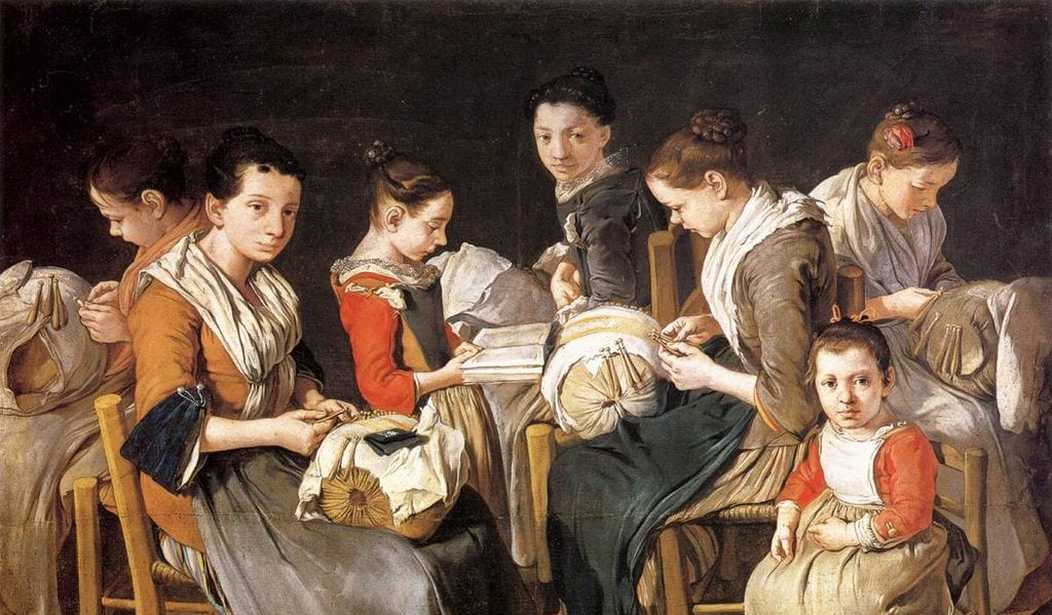A Spanish researcher named Carme Font has been given a whopping $1.7 million by the EU to seek out anything written by women between the years 1500 and 1780. The Guardian reports that Font will “recover the voices of individuals whose work has traditionally been dismissed as overly personal and anecdotal ‘women’s writing.’” As long as a woman held the pen when words were put to paper, Font wants to find it. And the EU has determined that whatever she finds is worth nearly two million dollars to locate. One can only assume the end result will be a bunch of grocery lists, letters to friends, and random musings on the backs of envelopes but, no matter, it’s women’s writing! (But not “women’s writing.”)
At its heart, Font’s project is about trying to convince us that women’s writing before 1780 was as important and as consequential as men’s. She says, “we need to change the way we read those texts and give them their just values.” But she also acknowledges that a lot of these women never had a formal education, so “they wrote in a more informal way.”
This is always the problem with this kind of endeavor. Because there truly was sexism and a patriarchal system that held women back in the time period Font is researching, women didn’t have the opportunity to create written works at the level of men’s. If we scramble around looking for any random thing written by a woman in the 1500s and then try to hold it up as equal to the writing of men — who had more education and more opportunity — the woman’s writing is going to seem inferior. It baffles me that, in the same breath, feminists can say “women were so oppressed and held back from achieving their potential” and “women wrote just as much as men and it was of equal value.”
Font claims that “there are dozens and dozens of women who – despite being unknown and making no claims to being mystics – express a very deep understanding of the human soul and articulate it in a religious or theological way that is every bit as impressive as the work of their contemporary male theologians.” But since she also says that these women were uneducated and wrote informally, we have to assume this is merely her own opinion with, perhaps, a healthy dose of wishful thinking thrown in.
The thing is, there really were women during this time period who defied the odds and got published — educated women who wrote as well as men and expressed themselves just as clearly. Take, for example, Catherine Parr — Henry VIII’s sixth wife — who published three books on religion, two of them under her own name. The existence of people like Catherine Parr makes the case that women are not intellectually inferior to men, even during time periods when people thought they were. Surely this is a much better case for feminism than trying to convince us that some random woman’s letter to her friend is just as valuable as a man’s treatise on religion just so there can be more known women writers.
Font plans to use her $1.7 million to “pay for five full-time project staff and to fund travel, conferences and workshops.” I hope she has a lovely time, but one has to wonder if the money might be better spent elsewhere. Even if the money must be used to fund feminist projects, surely commissioning new works by highly educated and/or talented female writers would be a better use of time and resources than trying to convince us that there really were a bunch of female scholars back when women were considered no better than property. But, what do I know? I’m just a woman.









Join the conversation as a VIP Member